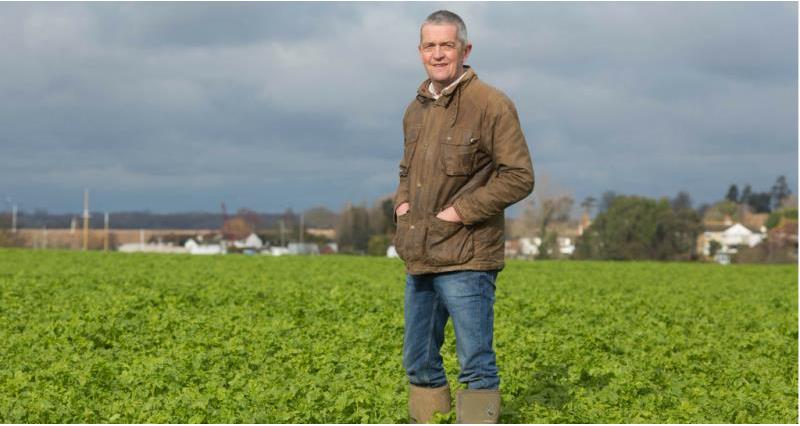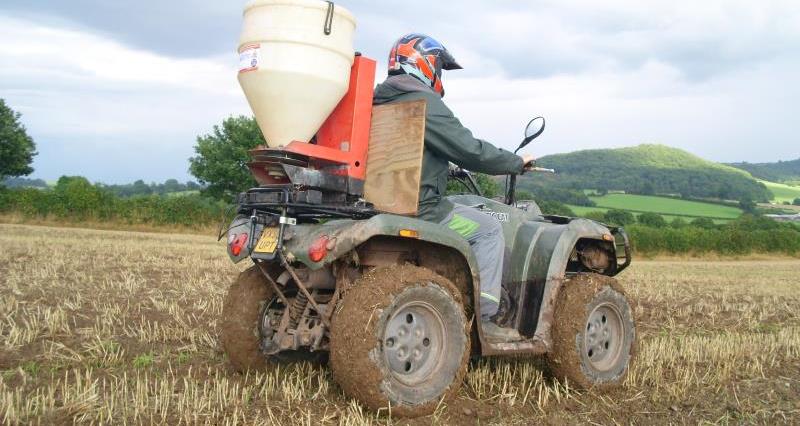Defra has announced that a ban on the outdoor use of metaldehyde is to be introduced across Great Britain from Spring 2020, despite products containing it still being authorised for use in other countries that export food to the UK.
See also: The NFU's work on metaldehyde
Guy Smith, NFU deputy president, said: “Today’s announcement is very disappointing and will have a major impact on British farmers and growers. These products have been reauthorised for use in 21 EU member states and this ban is another decision that will have an impact on food production in this country. It simply gifts a competitive advantage to farmers abroad who will export into our markets using crop protection materials banned in the UK.

“Slugs are a significant pest for agricultural and horticultural crops like oilseed rape, cereals and potatoes which, if left unchecked, can cause considerable damage. The Agriculture and Horticulture Development Board has estimated that a lack of slug control products could cost UK crop production £100 million a year.
“Metaldehyde products play a key role as part of an integrated approach to slug control. Farmers are acutely aware of the need to use these products judiciously and to ensure their use has minimal impact on the environment. In autumn 2017, the Metaldehyde Stewardship Group introduced enhanced stewardship guidelines to help increase protection of watercourses and minimise the risk to other wildlife. Uptake of, and engagement with, these enhanced guidelines has been high and initial observations suggest that less metaldehyde was used in autumn 2017.
“Farmers and growers already use a holistic approach to slug control to keep the use of slug pellets to a minimum. While ferric phosphate can be used as an alternative slug control treatment it is possible that resistance could develop, as we have seen with other pesticide products when alternatives have been removed and farmers and growers have been left to rely on one active ingredient.”
Read more:
